📚 BookTube 🍿
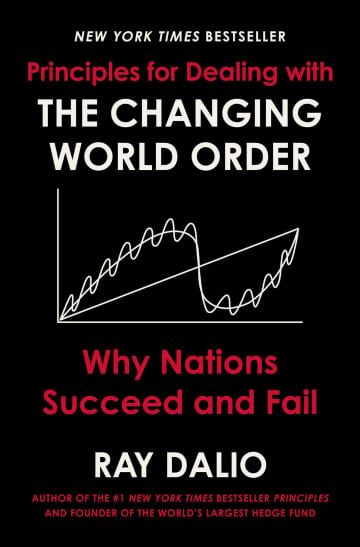
The Changing World Order
by Ray Dalio
★
4.28
(14K)
43:43
Author explains book thesis and shares vintage photos and film
63.2M
606K
Mar, 2022
Spoiler:
Including vintage film clips such as excerpts from Richard Nixon’s speech in which he severed the link between the dollar and gold, the author explains why the world order is changing and gives suggestions as to how to deal with it. He says we must look to history to identify events that have happened again and again and therefore will likely reoccur. He encourages his audience to be independent thinkers and to diversify investments across not only industries but countries.
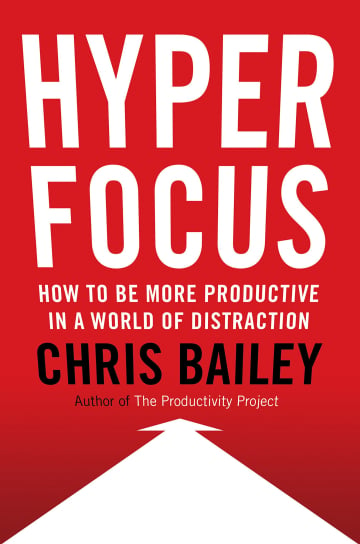
Hyperfocus
by Chris Bailey
★
3.88
(10K)
15:57
Author explains focus challenges and solutions in TEDx format
17.9M
454K
Apr, 2019
Spoiler:
Sharing some of his famous focus experiments, the author says that our brain comes up with its best and most creative ideas when we are neither totally focused nor distracted, but when we are in a state that he calls “scatterfocus,” a/k/a letting your mind wander. For example, he knits as a hobby and has found that he comes up with so many ideas while knitting that he keeps a pen and notepad next to his chair. He says running and making love induce similarly positive brain states.
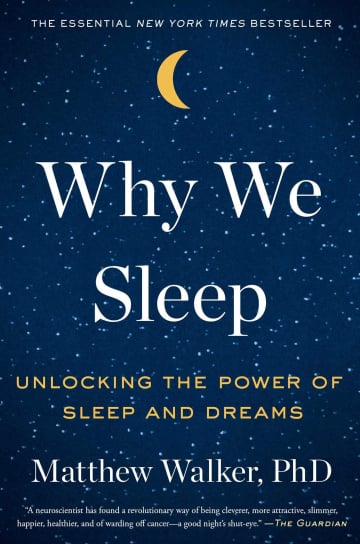
Why We Sleep
by Matthew Walker
★
4.38
(205K)
19:19
Sleep expert Matthew Walker gives Ted Talk with tips
14M
370K
Jun, 2019
Spoiler:
Matthew Walker’s Ted Talk is both a cautionary tale on the dangers of sleep debt and a fairy tale with a happy ending: we have at our fingertips a free health elixir that can make us more attractive, creative, and fertile, and can up our chances of success in all areas. He warns against sleeping pills, saying they can sedate but not achieve the deep sleep we need. He advises that “regularity is king” and that it’s essential to go to bed and wake up at the same time every day.
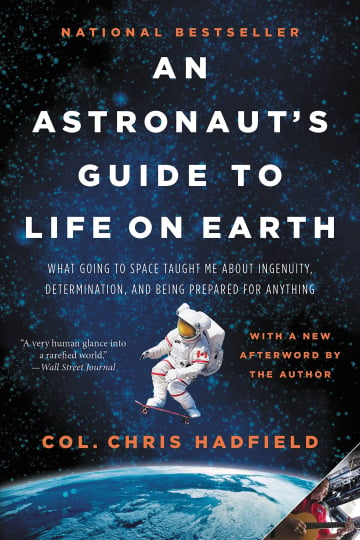
An Astronaut's Guide to Life on Earth
by Chris Hadfield
★
4.17
(61K)
18:23
Chris Hadfield talks about conquering fear in TED format + photos
10M
278K
Mar, 2014
Spoiler:
In a TED Talk that earns him a standing ovation, astronaut and author Chris Hadfield regales the audience with descriptions of what it’s like to be in outer space: that the earth looks like “a self-propelled art gallery of fantastic, constantly-changing beauty,” for example. Then he addresses how to deal with fear: how to practice anything—from entering a spaceship to walking through a spider’s web—in such a way that allows us to dominate fear and achieve our goals.
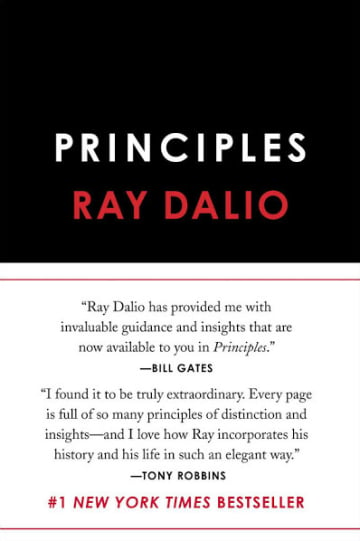
Principles: Life and Work
by Ray Dalio
★
4.11
(62K)
28:47
8-part animated summary of the book, narrated by the author
14.1M
193K
May, 2018
Spoiler:
In animated format, author Ray Dalio explains the main ideas of his book, Principles. He urges us to embrace failure as the path to learning principles that will help us create a great life. Relating perhaps his worst, and public, failure, he tells the story of losing all his money in 1982 and having to borrow $4,000 from his dad. He also encourages us to assume that the future will not simply be a slightly-altered version of the present, but in fact is typically very different.
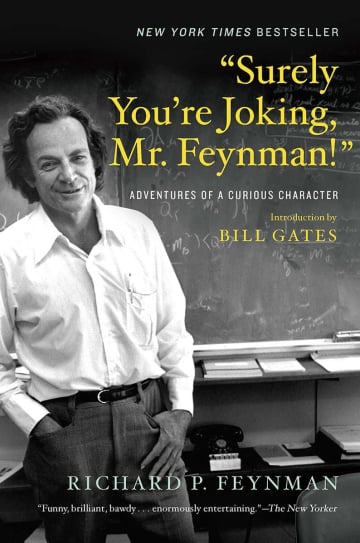
Surely You`re Joking, Mr. Feynman!
by Richard P. Feynman
★
4.27
(208K)
2:36
Bill Gates shares vintage photos and film footage of Feynman
5M
181K
Jan, 2016
Spoiler:
In a tribute to Richard Feynman’s powers as a teacher, even and especially of students who did not specialize in science, Bill Gates shows vintage film footage of Feynman explaining what causes fire, for example. Gates says that Feynman’s strengths as a teacher were both the joy with which he communicated and the rigorous process he put himself through in order to have a deep understanding of the material.
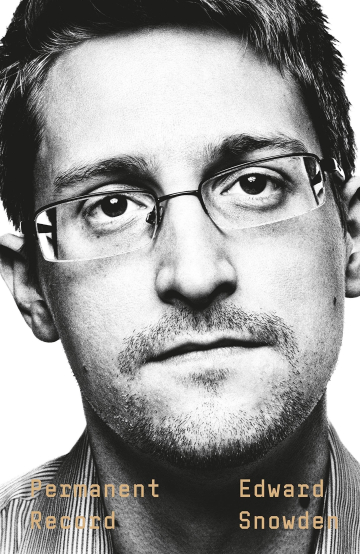
Permanent Record
by Edward Snowden
★
4.30
(55K)
16:39
Author chats with Trevor Noah via video about asylum and book
5.3M
128K
Sep, 2019
Spoiler:
Appearing on The Daily Show via video call, Edward Snowden talks with Trevor Noah about everything from his preferred video games to surreal moments at the NSA, such as colleagues turning their screens toward him to show nudes captured from unknowing American citizens. Speaking from his apartment in Moscow, he says he would go back to the United States if he could get a fair trial (but knows he can’t), and that he feels that what he did has made a difference and was necessary.
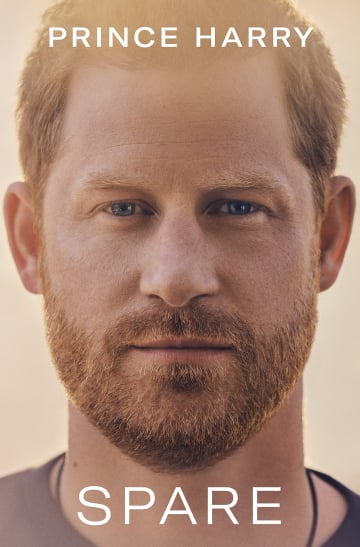
Spare
by Prince Harry The Duke of Sussex
★
3.85
(398K)
38:31
In-depth interview with Stephen Colbert on The Late Show
7.5M
122K
Jan, 2023
Spoiler:
Sitting down with Stephen Colbert on the day of the book launch, Prince Harry expresses relief that the book is finally available to the public after a long period of the British press distorting leaks and speculating about the book’s contents. He discusses his work with veterans, sharing that his goal is to reduce the number of suicides among vets. He says that if his mother were alive, the “distance” between Harry and William would not have progressed to the point that it has.
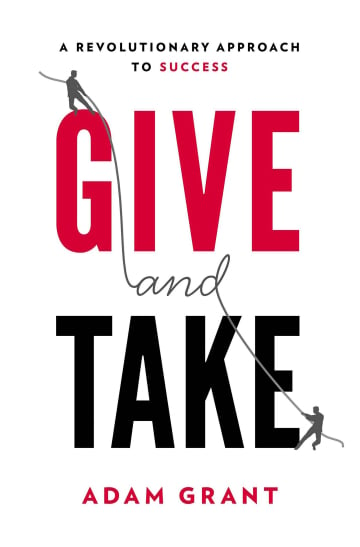
Give and Take
by Adam M. Grant
★
4.07
(38K)
13:29
Author defines givers, takers & matchers + slides in TED format
3.9M
96K
Jan, 2017
Spoiler:
Grant teaches the audience how to recognize givers, takers, and matchers (those who give and take equally) and how each influences company culture, team dynamics, and eventual success or failure. He says givers are prone to burnout; the key to a successful business that includes givers is to make it okay for them to ask for help as well as offering it. That is, givers make an organization better but sacrifice themselves in the process and should be protected in order to preserve their positive influence.
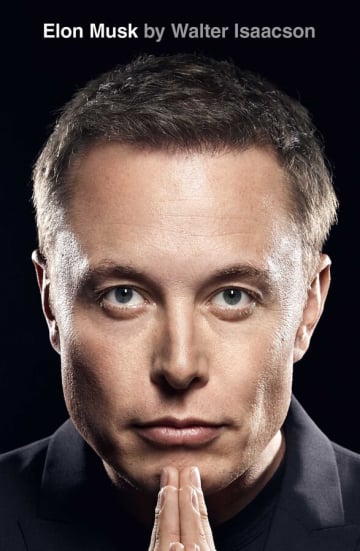
Elon Musk
by Walter Isaacson
★
4.38
(59K)
92:41
Steven Bartlett hosts author to discuss Musk & Jobs
4.4M
82K
Nov, 2023
Spoiler:
Bartlett opens the interview by asking about Steve Jobs, subject of a previous Isaacson biography, and then moves to Musk’s childhood. Isaacson says that almost all disruptors are misfits in childhood, something that drives them to run towards success and away from their demons. Musk is no exception: he was scrawny, bullied, and had an abusive father. Isaacson describes Musk’s current mental health as marked by mood swings, from catatonic to manic. To Bartlett’s question “Are they crazy?” (referring to both Jobs and Musk), Isaacson replies, “As Jobs would say, crazy enough to think they can change the world.”
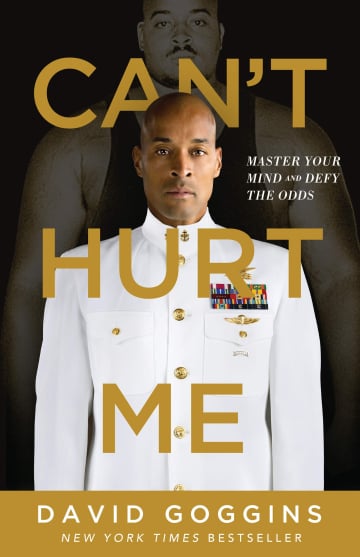
Can't Hurt Me
by David Goggins
★
4.30
(273K)
96:20
Author sits down with Lewis Howes to talk about mindset
4.2M
68K
Nov, 2018
Spoiler:
Describing both the mental and physical abuse he, his brother and his mom suffered at the hands of an alcoholic, David Goggins says he eventually learned on his own how to dominate his mind, how to crave the discomfort of challenges like ultra-running, and how to avoid quitting. He says that if we only train the physical side, without delving in the “sewer” of the brain, we’re just training “bigger, stronger quitters.”
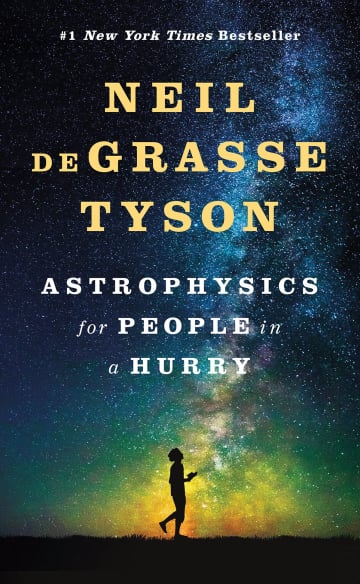
Astrophysics for People in a Hurry
by Neil deGrasse Tyson
★
4.08
(192K)
82:42
Robert Krulwich interviews author live at 92nd Street Y in NYC
8.4M
67K
May, 2017
Spoiler:
Reminding the audience that the universe is what we measure it to be, not what feels good or what we want it to be, the author says he wrote the book to give regular people a “fluency” in astrophysics. He says that our five senses developed to keep us from getting eaten by lions, not to help us understand the universe, which is why math is so “potent.” He entertains the audience with a story about whipped cream on hot chocolate as a way of explaining how scientific truths emerge.
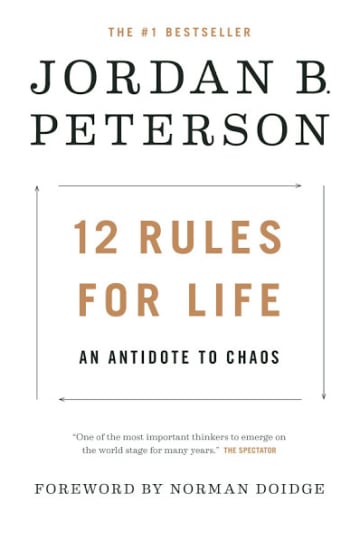
12 Rules for Life
by Jordan B. Peterson
★
3.92
(246K)
14:21
Author explains his 12 rules for life with meaningful images
2.8M
67K
Jul, 2020
Spoiler:
The author explains the 12 rules that make up his book, warning readers about what the rules do and do not mean. He says that rule number 7 (do what is meaningful, not what is expedient) is the “core ethos” of the book. He adds that this rule is closely related to rule 8 (don’t lie) because if we don’t tell the truth, we corrupt our perceptions, losing the ability to rely on our own judgment and therefore to do things that are meaningful.
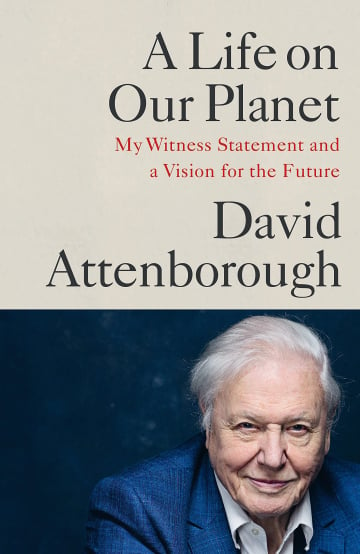
A Life on Our Planet
by Sir David Attenborough
★
4.50
(32K)
2:00
Trailer for Netflix premiere of Attenborough’s new film
2.8M
60K
Sep, 2020
Spoiler:
Then-93-year-old Sir David Attenborough sends out an urgent call to humanity to “put it right,” while showing stunning images from the film based on “A Life on Our Planet.” The footage is a mix of vintage clips from Attenborough’s early career, wild animals in their natural habitats, solution-oriented things like windmills, and man-made industrial disasters. The maker of such popular shows as “Blue Planet” says he has lived an extraordinary life but did not realize until recently exactly how extraordinary.

I Am Malala
by Malala Yousafzai
★
4.16
(600K)
16:11
Malala Yousafzai live interview with Jon Stewart
4.7M
58K
Oct, 2013
Spoiler:
While a comedy show and a victim of religious terrorism may seem like a strange match, Jon Stewart respectfully listens to sixteen-year-old Malala’s story and expresses awe and admiration at her maturity. She describes her town before and after the arrival of the Taliban, calling it a “paradise” of mountains, greenery and clear rivers. She says that human nature prevents us from appreciating what we have until it’s gone, and that she didn’t realize how much she valued her schooling until it was taken away.
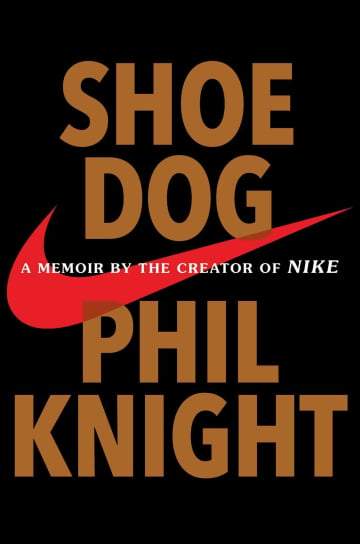
Shoe Dog
by Phil Knight
★
4.47
(331K)
8:14
Business Casual channel biography of author + vintage photos
3.8M
56K
Oct, 2018
Spoiler:
This biography of Phil Knight’s early days as an importer of Japanese shoes focuses on his partnership with Bill Bowerman and their constant thirst for innovation. With each new shipment of shoes, Bowerman sent notes back to Japan requesting changes to the design, working from his vantage point as a track coach and running fanatic. (Bowerman is credited with popularizing jogging.) The video stresses that confidence and passion can sometimes replace experience.

The Changing World Order
by Ray Dalio
★
4.28
(14K)
93:49
In-depth interview with Impact Theory channel in video format
3.5M
53K
Apr, 2022
Spoiler:
Asserting that the world order as we know it was made in 1945 by the U.S. due to dominance in WWII, the author notes that after a period of peace and prosperity, new powers tend to rise—even losers of the war like Germany and Japan—and a new generation that is now accustomed to peace and prosperity tends to run up debt. The author did a detailed analysis of the last 500 years to see patterns of how world orders change, how empires rise and fall, and to predict for himself, as a global investor, what will happen next.
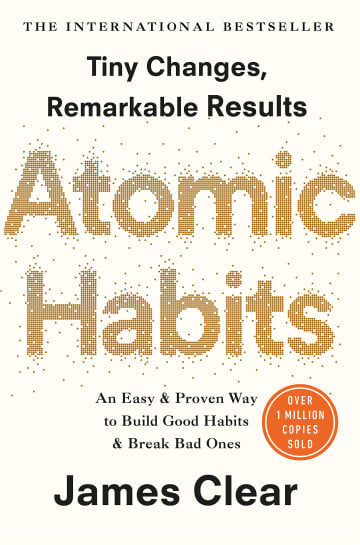
Atomic Habits
by James Clear
★
4.34
(1.1M)
8:04
Author explains the four stages of habit formation in TEDx style
2.5M
53K
Aug, 2018
Spoiler:
Author James Clear gives a quick explanation of the four stages of habit formation (noticing, wanting, doing and liking) and offers tips for integrating all four into our lives. In order to “notice” what is holding us back, for example, he suggests writing a “failure premortem.” That is, we imagine that it’s six months from now and we have failed at our goals; we write the premortem, or the story of what caused us to fail. This will help us notice potential obstacles in advance.
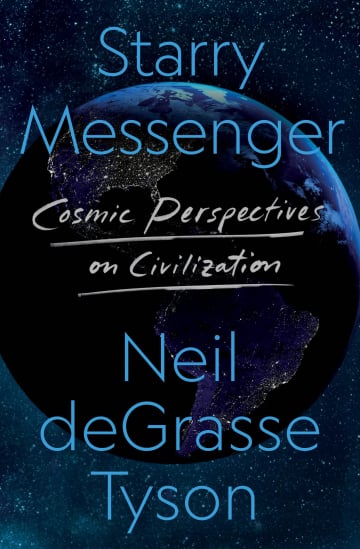
Starry Messenger
by Neil deGrasse Tyson
★
4.11
(13K)
16:46
Author sits down one-on-one with MSNBC’s Ari Melber
2M
51K
Sep, 2022
Spoiler:
The author emphasizes the importance of putting aside hate and entrenched belief systems and relying instead on objective facts, statistics, and data. He says that all of society could benefit from “an infusion of science literacy and critical thinking,” and that better science literacy would lead to both sides of an argument either realizing that they’re both wrong or that they agree more than they previously thought. He also warns against having laws and legislation that force one group’s belief system on the rest of society.
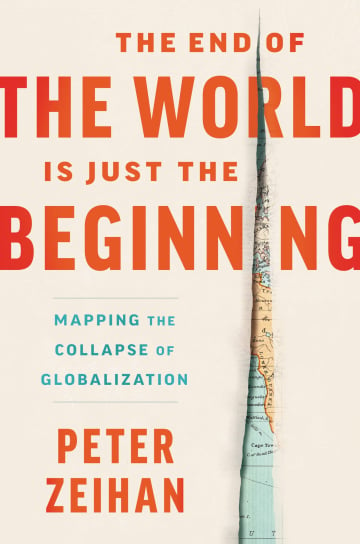
The End of the World Is Just the Beginning
by Peter Zeihan
★
4.17
(12K)
62:32
Author chats with podcaster Chris Williamson about book
1.5M
49K
Aug, 2022
Spoiler:
Asserting that 2019 was the world’s last great year, the author explains how changing population demographics and fallout from the Russia/Ukraine war are combining to end globalization. He and the host discuss possible implications for various countries, from China to Chad to Germany. He says the countries that are probably best positioned to survive and thrive are the United States, New Zealand, and France. He names China as the country in the worst position.
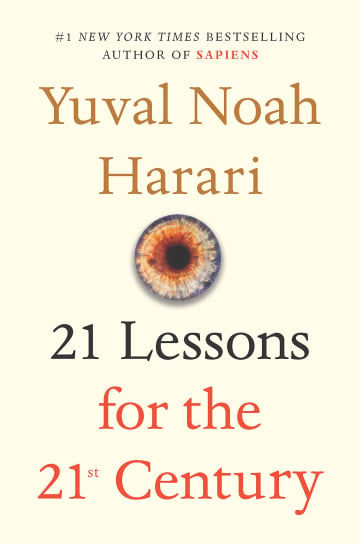
21 Lessons for the 21st Century
by Yuval Noah Harari
★
4.16
(168K)
58:48
Author converses with moderator in Authors at Google format
3M
47K
Oct, 2018
Spoiler:
Harari admits that as an historian he tends to focus on the dangers of new technologies. However, when pressed by the moderator to discuss some of the positives of AI, Harari says that perhaps a million lives per year will be saved by self-driving cars and that we are moving into an era of the best healthcare in history. This is because having biometric sensors monitoring our bodies will allow disease to be diagnosed long before we feel the discomfort that would send us to the doctor.
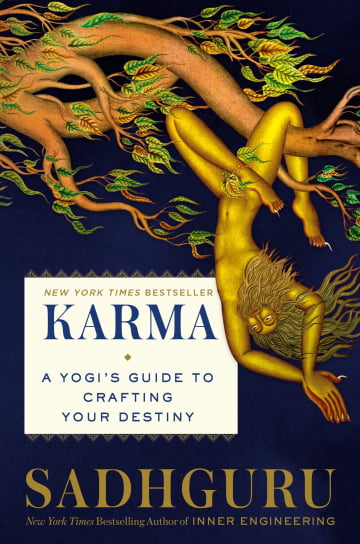
Karma
by Sadhguru
★
4.29
(6K)
13:55
Author speaks to live audience about karma and memory
2.7M
43K
Aug, 2014
Spoiler:
Explaining karma as it relates to memory, the author gives the audience multiple examples of how memory works and how it can also work to hold us back. He says, for example, that our tongue carries the memory of the food it wants and that when a Canadian eats the food of Northern India, the tongue suffers because it has no memory of that food. He calls the past, or our vast collection of memories, a “cocoon” that we allow to imprison us because it keeps us safe.
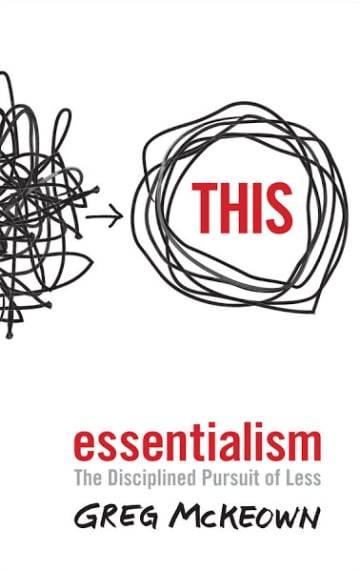
Essentialism
by Greg McKeown
★
4.06
(120K)
9:13
Author explains essentialism in interview with Matt D’Avella
0.9M
43K
Mar, 2019
Spoiler:
Warning that “it’s difficult to overstate the unimportance of practically everything,” the author uses the metaphor of a coal mine versus a diamond mine to explain his philosophy. If everything is of equal importance to us (coal mine), we need only to shovel out as much coal as we possibly can, working as hard as we can for as long as we can. If some things are more important than others (diamonds), we need to focus in on those, giving them our attention, time, and energy, forgetting about the coal.
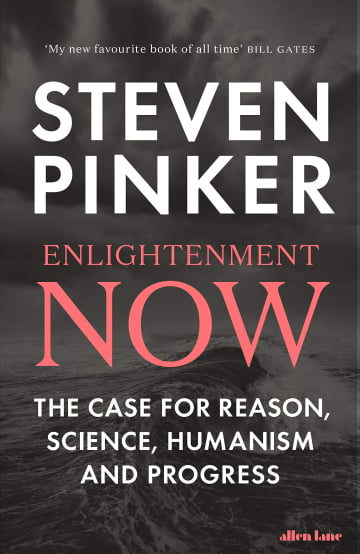
Enlightenment Now
by Steven Pinker
★
4.20
(31K)
18:33
Author shares charts and photos and speaks in Ted Talk format
1.5M
40K
May, 2018
Spoiler:
Presenting an optimistic worldview backed by data, author Steven Pinker argues that things like violence, famine, infant mortality, and deaths by car accidents are decreasing over time, in spite of the dark view constantly presented by news outlets. He states that “progress is not a matter of faith or optimism, but is a fact of human history.” He suggests that we embrace the ideals of the Enlightenment (reason, humanism, progress and science) as a way of continuing to make the world a better place.
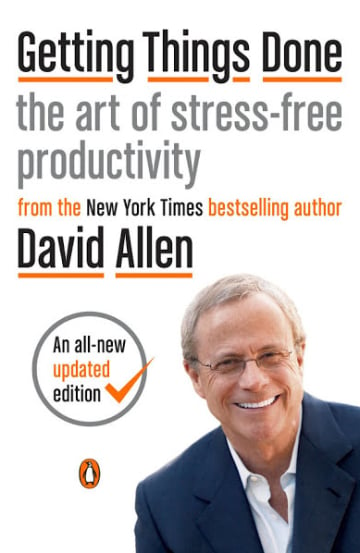
Getting Things Done
by David Allen
★
4.01
(162K)
22:16
Author gives productivity & focus tips in TEDx format + slides
3.4M
39K
Oct, 2012
Spoiler:
The author asks the audience to consider how available they are to do something creative. He warns that creativity will not happen when our heads are full of to-do lists, emails and other typical distractions; Allen likens working with our brains full to trying to cook a wonderful, creative dinner in a kitchen that is already piled up with dirty dishes and has no available counter space. He suggests not keeping anything in our heads but instead using written lists of prioritized goals and action steps.